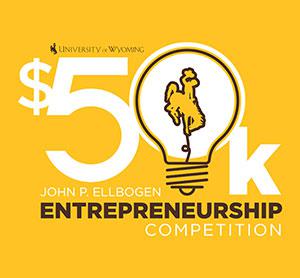The production and sales of new energy vehicles, or NEVs, in China are expected to double as of the first quarter of this year, capturing a 65 percent share of the global market, according to Cui Dongshu, secretary-general of the China Passenger Car Association.
Aerial photo taken on Aug. 12, 2021 shows new energy vehicles at a logistics park in Liuzhou, south China's Guangxi Zhuang Autonomous Region. (Xinhua/Li Hanchi)
The country’s market for new energy passenger vehicles maintained continuous rapid growth despite the negative impacts of the ongoing COVID-19 pandemic, chip shortages and rises in the price for lithium, Cui added.
BYD, a leading Chinese auto manufacturer, announced on April 3 that it had ceased all production of traditional gasoline-powered vehicles as of March. BYD set a new monthly sales record among Chinese NEV makers, with sales of more than 104,300 units in March.
Each of the top five NEV start-ups in the country has recorded monthly sales of over 10,000 units, more than doubling their growth rate year-on-year, according to their monthly reports announced on April 1.
Gu Huinan, general manager of GAC Aion, a popular NEV maker based in Guangzhou of south China’s Guangdong Province, revealed that the company’s factory completed capacity expansions and upgrading during the 15-day period from Jan. 31 to Feb. 14.
After that, the production efficiency of GAC Aion’s smart factory soared by 45 percent and its customization capacity increased by 35 percent, which strongly promoted a rapid breakthrough for the company’s sales performance in March, Gu said. GAC Aion’s NEV sales skyrocketed by 189 percent year-on-year in one month.
The layout of China’s automobile production capacity is relatively balanced and production shares in east, southwest, south, north and northeast regions of China made up 19, 17, 16, 14 and 12 percent of the country’s total, respectively, Cui introduced.
Cui suggested that the relatively complete and controllable industrial chain for NEVs provides strong support for the growth of the industry.
The penetration rate for NEVs in China soared from 6 percent in January 2021 to 22 percent by the end of last year, an average increase of 1.3 percentage points per month, said BYD chairman Wang Chuanfu.
The country’s NEV industry, with its excellent performance, competitive vehicles and enhanced user-friendly environments, has entered into a development stage mainly driven by the market, Wang explained.
After entering into this new stage, it is now getting more difficult to make breakthroughs in the industry, and new situations and problems need to be resolved, said Xin Guobin, vice minister of China’s Ministry of Industry and Information Technology.
Xin said that the country should improve the industry’s supporting policy system, deepen integrated innovation, continuously ensure the supply of automobile chips, and strengthen the level of oversight as regards the security of various functions, data and cyberspace.
China’s NEV market has entered a new stage of rapid growth, which is set to characterize the period from 2021 to 2030. The sales of NEVs in the country are expected to more or less have reached the same level as that of gasoline-fueled vehicles by about 2030, said Ouyang Minggao, an academician with the Chinese Academy of Sciences.



